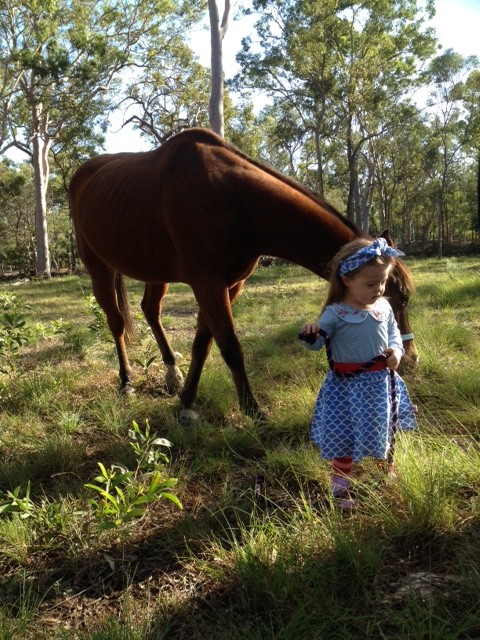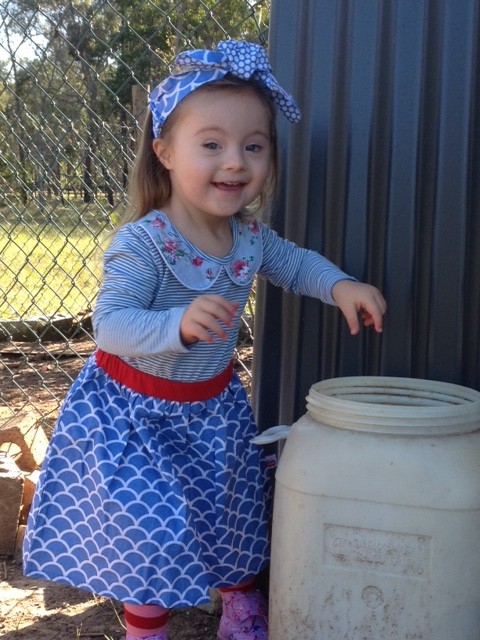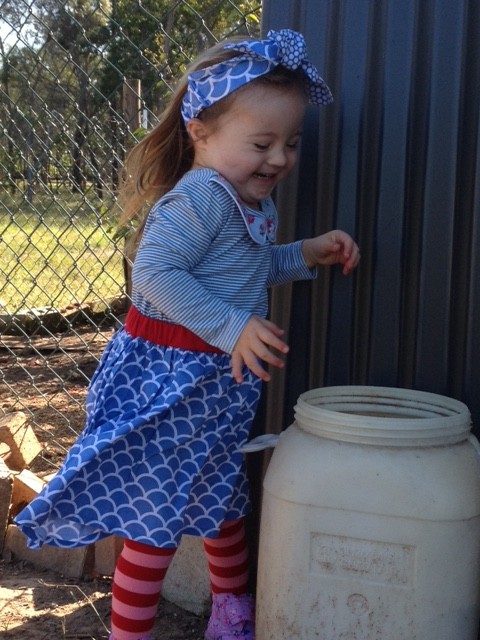Why I Don't Like the Word 'Disability'
My daughter Josee has Down syndrome, which is medically classified as a disability.
Those who know me know I can often be accused of being the “word police.” I like to challenge words, just like I was challenged when I found out about Josee’s diagnosis during my pregnancy.
Anyway, the word “disability” really doesn’t gel with me for two reasons:
1. It implies an “us versus them” mentality. If you hear of someone who has a “disability,” you may immediately think of that person as being different from you. You may even begin to believe all those who have disabilities are the same. This can create a kind of distance or disconnection between people.
2. Saying my daughter has a disability implies she has a deficit of ability. I would love to hear how you think this applies to Josee. She is funny, charming, cheeky and bright. She walks, talks, eats with utensils and plays with her siblings and pets. Yes, on paper she may have delays in certain areas, but I don’t believe her cognitive, speech or physical abilities are all that she is. She is extremely empathic, sensing when you are sad or in distress. Her emotional intelligence is amazing. She has a wicked sense of humor and tons of character. Her delays are shadowed by her abilities in other areas — areas that perhaps society doesn’t value as much as others.
If you’ve read this far, keep reading. I want to talk to you about the “continuum of ability,” a phrase I coined when speaking to a local school group.
You see, we all lie somewhere on that continuum. It always depends on what it is you a measuring.
We all have strengths, weaknesses, differing abilities.
If the skill is speech, then maybe Josee is lower on the continuum of ability than her typically developing peers. If, however, the abilities we are measuring are love, cheekiness, humor and empathy, then she would be right at the top of the continuum.
Please help me to break down the myths that surround Down syndrome. Place yourself on the continuum of ability rather than in the disconnected group of people who don’t have disabilities. It will change your perspective, your mind and your heart.
This story originally appeared on the Josee’s Journey of Faith Hope & Love Facebook page.
Want to end the stigma around disability? Like us on Facebook.
And sign up for what we hope will be your favorite thing to read at night.



